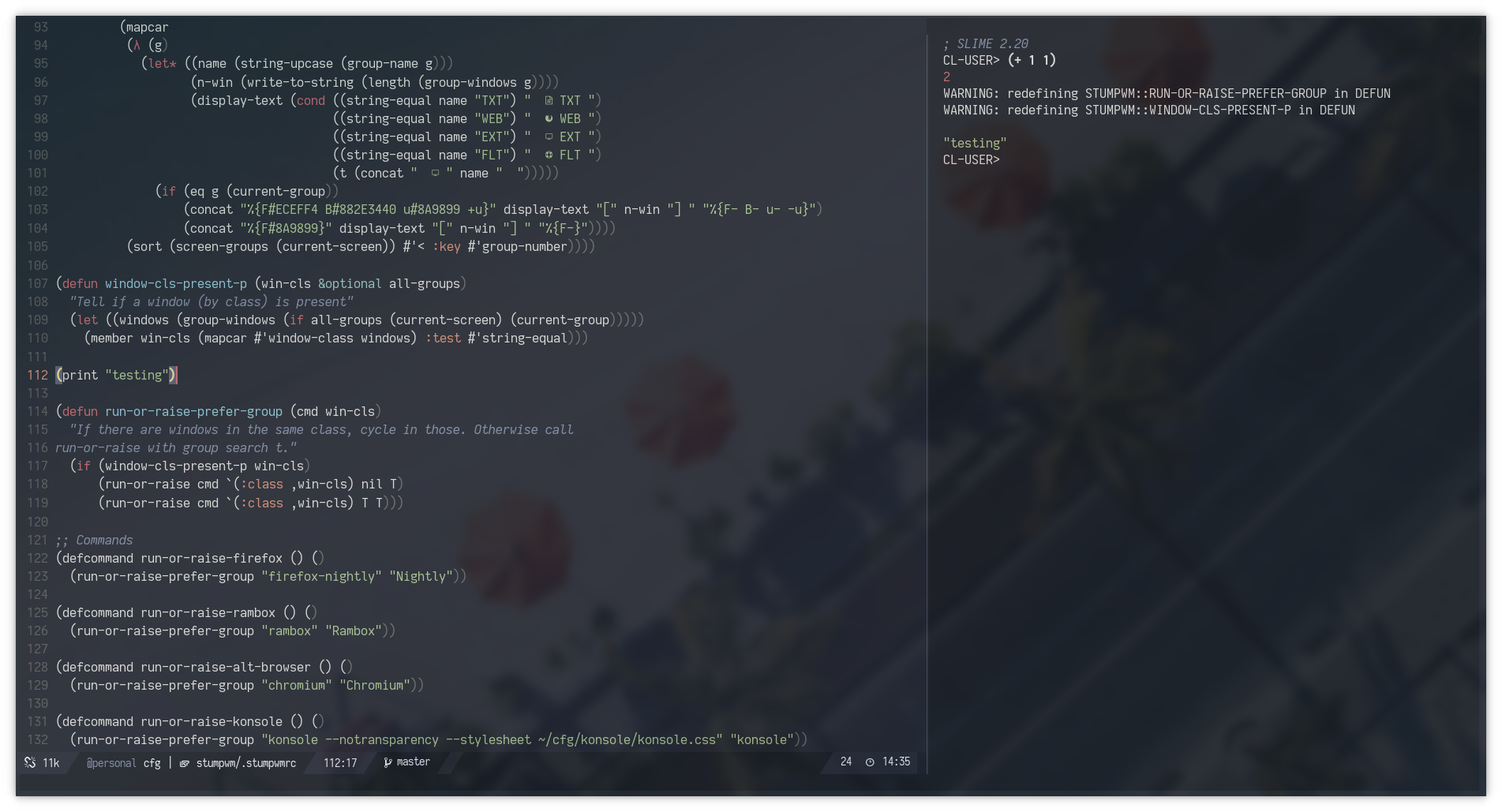You might have seen this recent deck by Joel Grus on Jupyter notebooks. If you haven't, go through it once and then come back. I agree a lot with what he has been meaning to say in the presentation. Here are few of the issues notebooks have (picked from the slides):
- Hard to reason about hidden states.
- Promotes bad programming practices, specially when people start doing all the prototyping in notebooks.
- Testing notebook code is hard.
- Editing support is weak.
- Reproducibility actually gets a back seat because the shared notebook might have been running out of order and with weird dependencies.
- Mixing of library and execution code makes it hard to build things on top.
- Teaching, like writing books, is harder with Jupyter since the tool doesn't allow arbitrary writing order for programs.
Some of these can be fixed in Jupyter as it stands right now, for example better editing support. Then there is this other heap of problems which is mostly because of the accessibility-quality problem. The more accessible a thing becomes, more amateurs start using it and the quality of projects built using that thing will look worse when you do a random sampling.
Leaving these aside, probably a more important issue is related to the confusion in the two major use cases for these notebooks.
1. Interactive computing
This, I feel, is the most common use for notebooks but something that Jupyter is not completely focused on. If you really commit to this approach, you get more playground-ish tools like observablehq. A lot of js based creative coding tools get the interactive computing part right. In essence, you are dropped in an interactive shell to play with exploratory snippets while the library code stays out and unaffected.
The idea here is to clearly separate what changes and what doesn't for an end user. While developing, you change both of the things and your product is a library and an interactive environment with assistive functions loaded (and documented).
The best solution—on the development side—for things like these is probably to have your editor work nicely with the language's repl. You write persistent modules in files and play around with a living system on your side. As an example, I can fire up SLIME repl to connect to my window manager, change stuff in my dot file, evaluate and make things happen in the live environment.

Now creating and distributing the live environment to the users is a problem I am not very sure we have a good solution for. A notebook with very clear intention of being just a playground maybe? Something that can also be loaded in your regular python shell apart from being available as a web based notebook might also be handy.
2. Literate programming
The second use case is of literate programming à la Knuth. Of course notebooks are not exactly that, but people do end up using them in similar situation and are frustrated when things don't work out as expected. This is what Joel referred to while writing pedagogical material in Jupyter.
Committing to this approach would actually make notebooks great for writing all
your code in it. Your notebooks will then be pretty expository and their output
will be proper library code, tested and all. But that isn't the focus of
notebooks right now. There is nbconvert but its pretty far from what literate
programming actually lets you do.
A good solution for things like these right now is to actually use a proper
noweb like tool (try org mode if on Emacs). I am yet to try out a full fledged
project using literate programming but the lack of tooling shouldn't be a
problem since they are relatively easy to build.
Overall, we probably would be better off having two different tools rather than having a confusing way of mixing them in one. Or maybe there is a good way to mix them that's not yet built/popular.